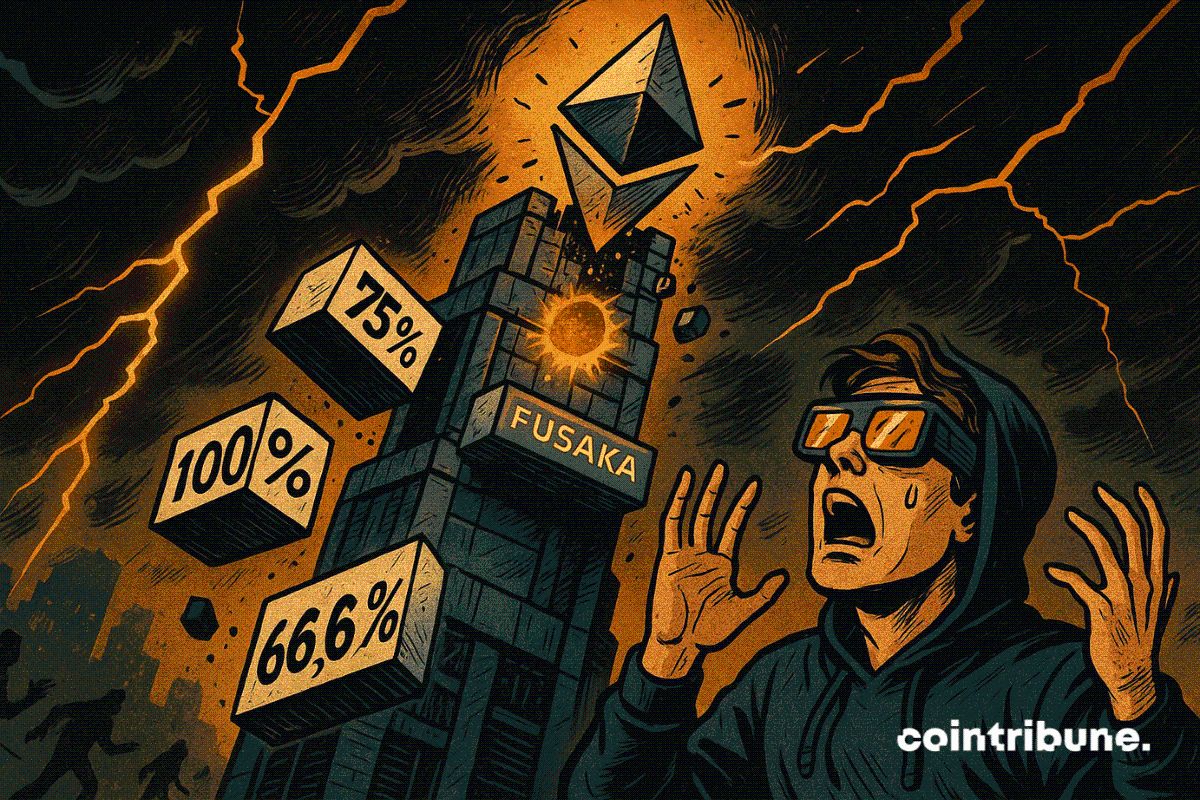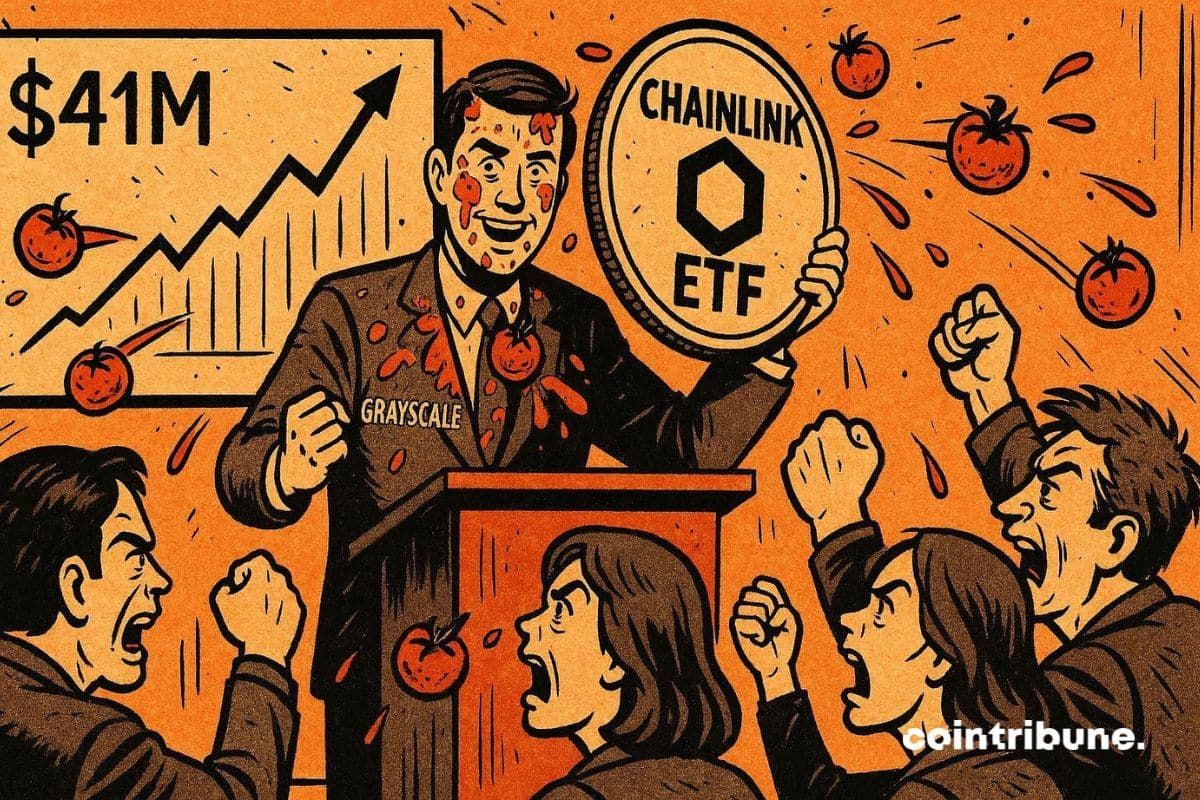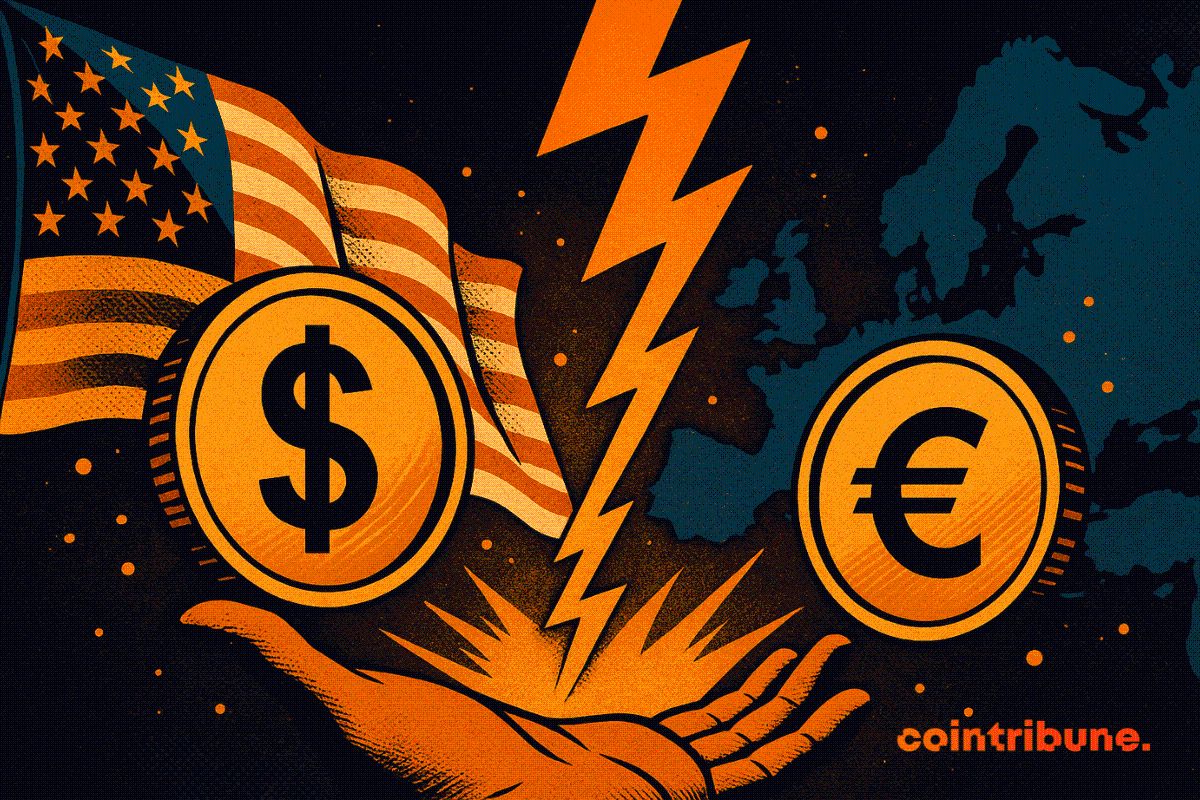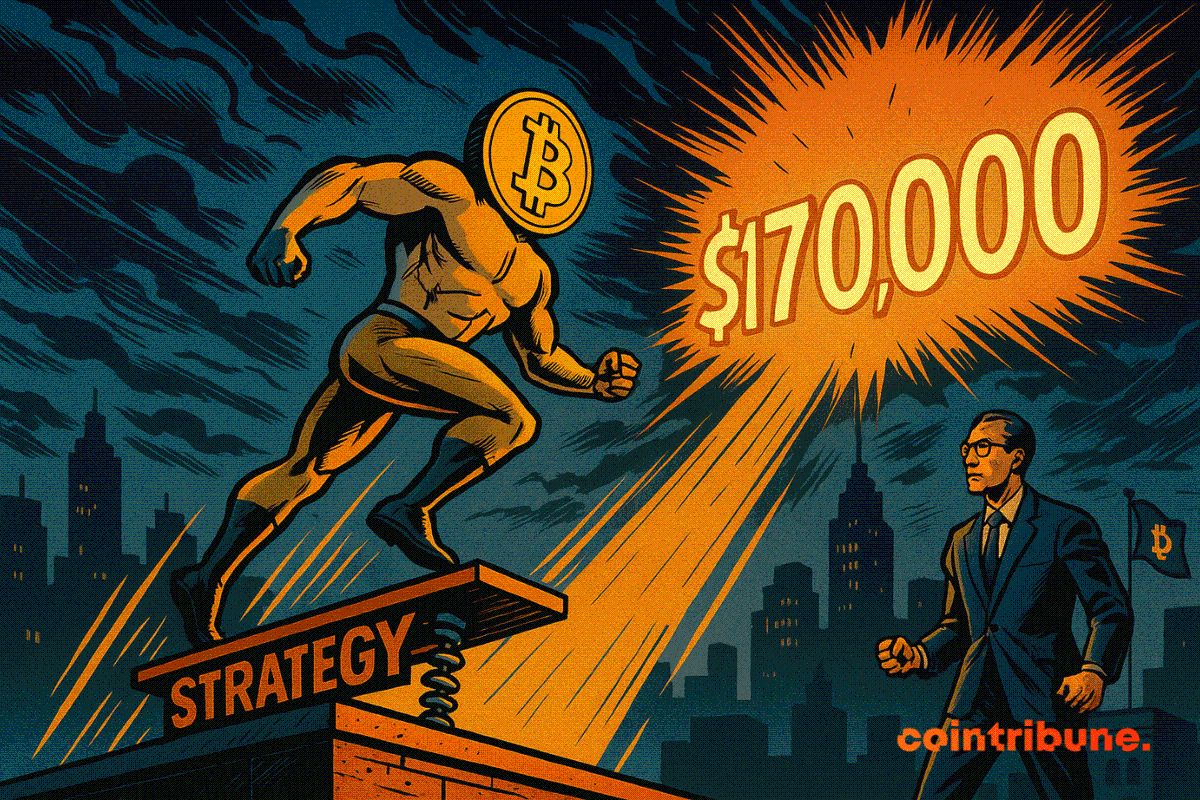What will happen to Bitcoin if the US government shuts down?
A potential U.S. government shutdown could delay the Non-Farm Payroll report, affecting bitcoin traders' judgments on a Federal Reserve rate cut. Bitcoin prices have fluctuated recently, and historical data shows that government shutdowns have had varying impacts on bitcoin. Summary generated by Mars AI This summary was generated by the Mars AI model, and the accuracy and completeness of its content are still being iteratively updated.
TL;TR
- If the US government faces a shutdown, the non-farm payroll report scheduled for Friday may be delayed. This data is a key basis for bitcoin traders to predict whether the Federal Reserve will cut interest rates.
- Bitcoin price has surpassed $114,000, but due to uncertainty over the shutdown, it is still 0.7% lower than two weeks ago.
- Historical data shows that the impact of government shutdowns on bitcoin is mixed: during the 2013 shutdown, bitcoin rose 14%, while during the 2018-2019 shutdown, it fell 6%.
Bitcoin traders had hoped to use the upcoming US employment data to judge whether the Federal Reserve would cut interest rates again. But with the US government on the brink of a shutdown, they may have to wait some time to get this crucial data.
Analysts say that bitcoin’s reaction to a government shutdown remains uncertain, which could increase short-term market volatility. During the last two government shutdowns, bitcoin’s price performance was completely different.
“Expectations of rate cuts support risk assets, but bubble concerns and political risks amplify short-term volatility. For cryptocurrencies, this brings both liquidity support and increased downside uncertainty,” Bitunix analysts wrote in a report sent to Decrypt. “In the medium term, confirmation of rate cuts will improve liquidity and thus support risk assets; but in the short term, bubble panic and shutdown risks will increase market fragility, making sharp drops followed by rebounds more likely.”
If the US Congress fails to pass a full appropriations bill or a temporary spending bill by midnight on Tuesday, federal government funding will be cut off and “non-essential” government functions will enter a partial shutdown. The US federal government’s fiscal year ends on September 30.
“The highlight of this week (the non-farm payroll report) may not happen as scheduled. If Congress cannot reach consensus on a short-term funding bill by midnight tomorrow, Friday’s non-farm payroll data may become the first high-profile casualty of the government shutdown,” John Reid, Head of Macro and Thematic Research at Deutsche Bank, said in a report sent to Decrypt. “In fact, during the government shutdown in October 2013, the September employment report was not released until the 22nd of that month.”
As of press time, bitcoin has risen 3.8% in the past 24 hours, with the price breaking through $114,000. But according to cryptocurrency price aggregator CoinGecko, this price is still 0.7% lower than two weeks ago.
Economic statistics and data processing are not considered “essential government functions,” which means the US Bureau of Labor Statistics will have to suspend the release of the upcoming employment report until government funding is restored. The data will not be lost, but its delay may trigger market volatility. Investors are well aware that the Federal Reserve’s monetary policy decisions are heavily influenced by employment and inflation data.
Nansen research analyst Nicolai Sondergaard told Decrypt that a government shutdown could increase short-term volatility in the crypto market.
“But I’m not sure the impact will be greater. If most investors believe the shutdown issue can be resolved quickly, the situation may be different,” he added. “Also, even if there is an impact, the potential effects of the shutdown may have already hit the broader financial market before it happens, and I wouldn’t be surprised by that.”
The crypto market is no stranger to government shutdowns.
The government shutdown in October 2013 lasted 16 days. From October 1 to October 17, bitcoin’s price rose 14% from $132.04 to $151.34.
But “bitcoin must rise during shutdowns” is not a law. The longest government shutdown in US history occurred from December 22, 2018, to January 25, 2019, lasting 35 days. During this period, bitcoin’s price fell 6% from $3,802.22 to $3,575.85 by the end of the shutdown.
On Myriad, the prediction market under Decrypt’s parent company Dastan, users’ skepticism about “the Federal Open Market Committee (FOMC) will adjust interest rates twice in 2025” is rising. The proportion of skeptical users has risen to 75%, far higher than the 40% in the first week of September.
Among these skeptics, some believe the Federal Reserve will adjust interest rates at both remaining FOMC policy meetings this year, while others think the Fed will wait until 2026 to consider further rate adjustments.
Cryptoquant research director Julio Moreno said that the market environment for bitcoin during the 2013 and 2018-2019 government shutdowns was completely different. “During the 2013 government shutdown, bitcoin was in the final stage of a bull cycle with strong demand growth,” he explained to Decrypt. “By the time of the 2018 shutdown, bitcoin was in a bear market with shrinking demand.”
Moreno added that bitcoin’s current market positioning is closer to 2013 than to 2018.
“As the fourth quarter arrives, demand for bitcoin is growing. Historically, the fourth quarter is usually a strong quarter for bitcoin price performance,” he said.
Disclaimer: The content of this article solely reflects the author's opinion and does not represent the platform in any capacity. This article is not intended to serve as a reference for making investment decisions.
You may also like
Alphabet’s TPUs Emerge as a Potential $900 Billion Chip Business

Ethereum Loses 25% of Validators After Fusaka: The Network Nears a Critical Failure

US Stablecoin Rules Are Splitting Global Liquidity, CertiK Warns

JPMorgan Sees Bitcoin Reaching $170K if Strategy Holds Firm

